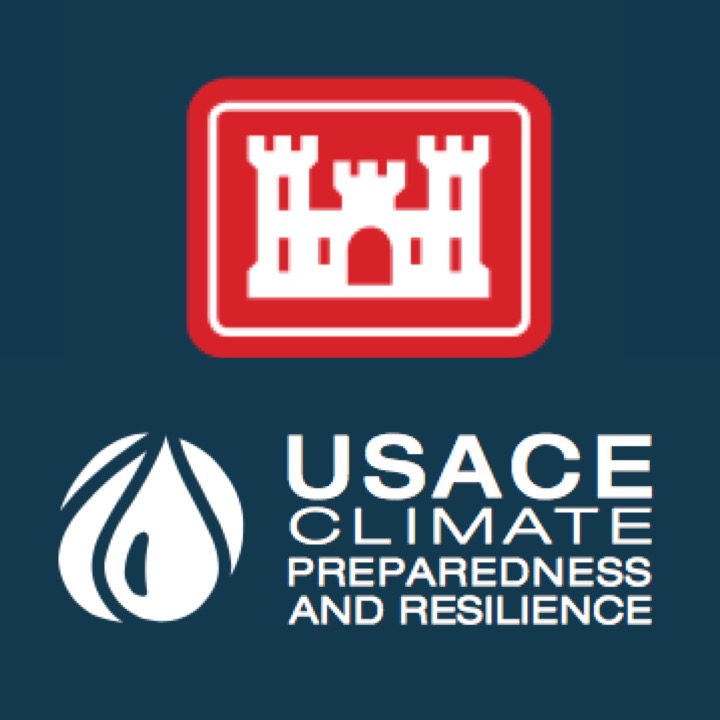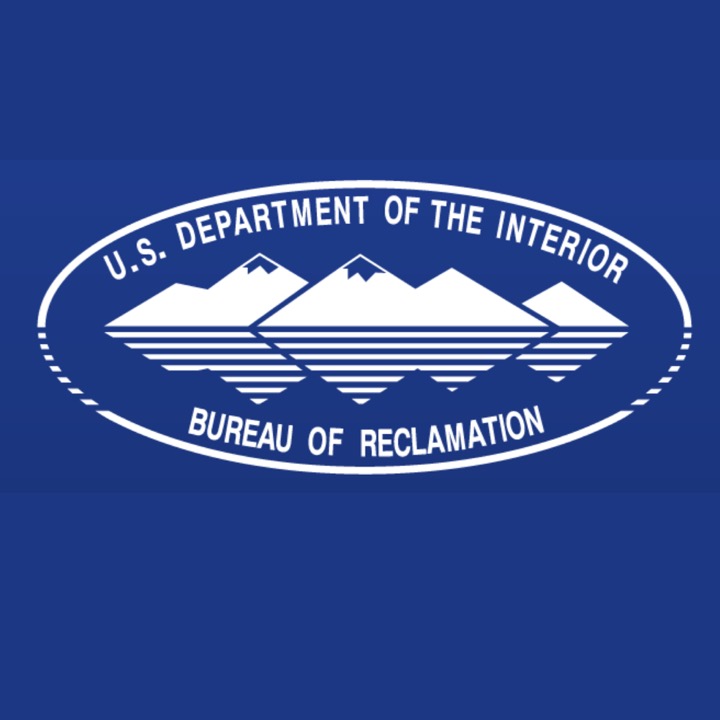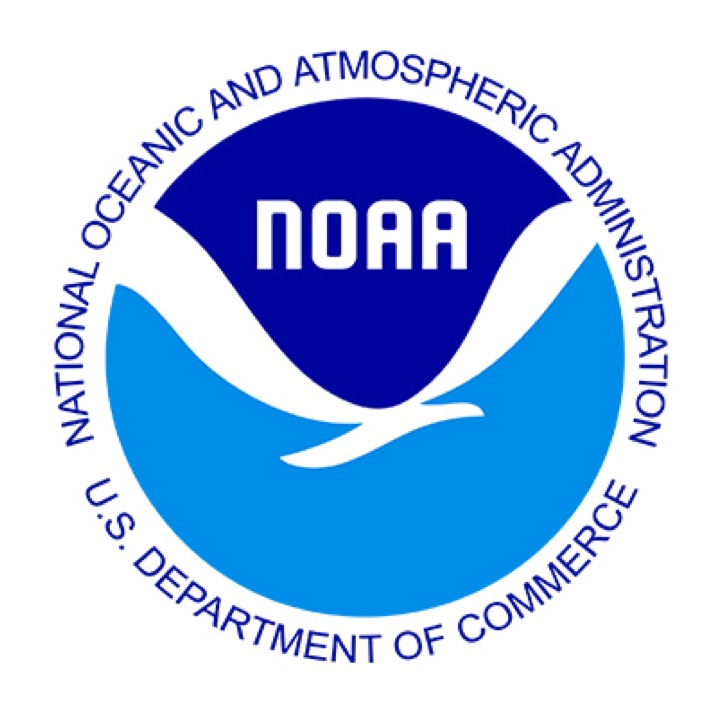Over the last few decades, the U.S. Southwest has been getting drier and warmer. A study led by Flavio Lehner finds that while warming is largely due to greenhouse gas forcings, precipitation changes are mostly due to internal climate variability. Read the study here.
A new analysis led by Ethan Gutmann compared 22 named hurricanes with their future selves. They found that while each storm’s transformation would be unique, on balance, the hurricanes would become a little stronger, a little slower moving, and a lot wetter. Learn more HERE.
Julie Vano led a day-long workshop for managers in the Central Puget Sound region including Seattle Public Utilities, City of Everett, Tacoma Water, and Cascade Water Alliance. Materials were based on work in the Computational Hydrology Group. Watch the morning sessions, now posted at: https://www.watersupplyforum.org/home/resiliency.html.
Martyn Clark will give a public lecture for the Global Energy and Water Exchange project (GEWEX) meeting on Extremes and Water on the Edge in Alberta, Canada on May 5.
An article recently published in EOS highlights a growing movement in the geosciences to leverage our science in service to society. Authors Julie Vano (NCAR), David Behar (San Francisco Public Utilities Commission), Philip Mote (Oregon State), Daniel Ferguson (Univ. of Arizona), and Raj Pandya (American Geophysical Union) describe these partnerships and how they might grow. Read it at: https://eos.org/opinions/partnerships-drive-science-to-action-across-the-agu-community.
A new website provides bi-weekly, monthly, and seasonal forecasts of temperature and precipitation for individual watersheds. The NCAR-CU Boulder research effort, led by Andy Wood, Sarah Baker, and Balaji Rajagopalan, provides a new prototype prediction system that maps climate forecasts to watershed boundaries over the contiguous United States in real time. Read more about the project HERE and explore the demonstration WEBSITE.
A new project, Identifying Sources of Uncertainty in Flood Frequency Analyses, is now underway. Andrew Newman will lead an effort, working closely with the Bureau of Reclamation, to improve our understanding of uncertainities associated with large flood estimates. The team will examine hydrologic model structure and parameterization for locations critical to Reclamation’s operations.
At the American Geophysical Union Fall Meeting in December, there will be a series of sessions, discussions, workshops, and networking activities focused on making science more actionable. This effort has the goal of bridging science and applications and helping communities thrive by increasing science engagement to better confront concerns posed by extreme events, climate and land cover change, and natural hazards. Click HERE to get a 1-page overview and schedule. You are invited to join the conversation!
Our team is excited to be partnering with the University of Washington and NASA scientists on the project, Development of computational infrastructure to support hyper-resolution large-ensemble hydrology simulations from local to continental scales. This is part of a NASA’s Advanced Information Systems Technology (AIST) program.
As climate science advances, improved analysis tools to effectively manage ever-expanding datasets is needed. The Pangeo Project, a unique collaboration between Columbia University, NCAR, and Anaconda - a software company and leader in the emerging field of data science - aims to produce a comprehensive toolkit for analysis of climate datasets. Joe Hamman is a collaborator on the project and will be working to build open-source software tools that allow for rapid scientific exploration of large datasets. Read more about it HERE!
Our team visited the US Army Corps of Engineers Cold Regions Research and Engineering Laboratory in Hanover, NH. Read more.
Flavio Lehner, Eugene Wahl, Andrew Wood, Douglas Blatchford, & Dagmar Llewellyn’s recent paper in Geophysical Research Letters uses paleoclimate data to evaluate the role of temperature in streamflow in the Upper Rio Grande River. They found that the runoff ratio - the portion of precipitation that ends up in the river each year, rather than evaporating - is sensitive to high temperatures. This suggests that water managers may be facing lower streamflows than expected during future droughts. Link to a news release, the full article, or the dataset.
A new paper led by Nans Addor titled “ The CAMELS data set: catchment attributes and meteorology for large-sample studies ” is under review in Hydrologic and Earth System Science Discussions. It describes an extensive effort to compile catchment attributes and assess their quality for the large-sample basin dataset compiled by Newman et al. 2015. These datasets will be useful tools for large-sample comparative hydrological studies.
This month Martyn Clark became the editor in chief for Water Resources Research, an American Geophysical Union journal that focuses on hydrology and water resources. Congrats Martyn! Learn about his vision for more interdisciplinary and collaborative hydrology research here.
Keith Musselman, Martyn Clark, Changhai Liu, Kyoko Ikeda, & Roy Rasmussen recently published a paper in Nature Climate Change that investigates the effect of warmer temperatures on snowmelt. They found that when snowmelt occurs earlier in the year, lower available energy results in slower melt rates. Link to the full article.
The American Geophysical Union’s Hydrology Section Newsletter recently featured a two-page article by Martyn Clark, a recently inducted Fellow , where he shares his perspective on advancing the science of large-domain hydrologic simulations and prediction. Read it here.
Martyn Clark, our team leader, has been named an American Geophysical Union Fellow this year. The honor is in recognition of his exceptional scientific contributions to the field of hydrology. Read more. Many congrats Martyn!
Interested in reading just a little about the work we do? Check out our new suite of factsheets. They are posted here, but also on each project’s page (click on the PROJECTS link above).
Nine sheets: toolbox & streamflow_forecasting & meteorological_dataset & intermediate-complexity_downscaling & hydrologic_modeling & streamflow_routing & parameter_estimation & Alaska_and_Hawaii_climate_projections & storylines_for_evaluating_climate_impacts
We are live! This website provides an overview of a comprehensive set of tools you can use to explore water resources now and in the future.




